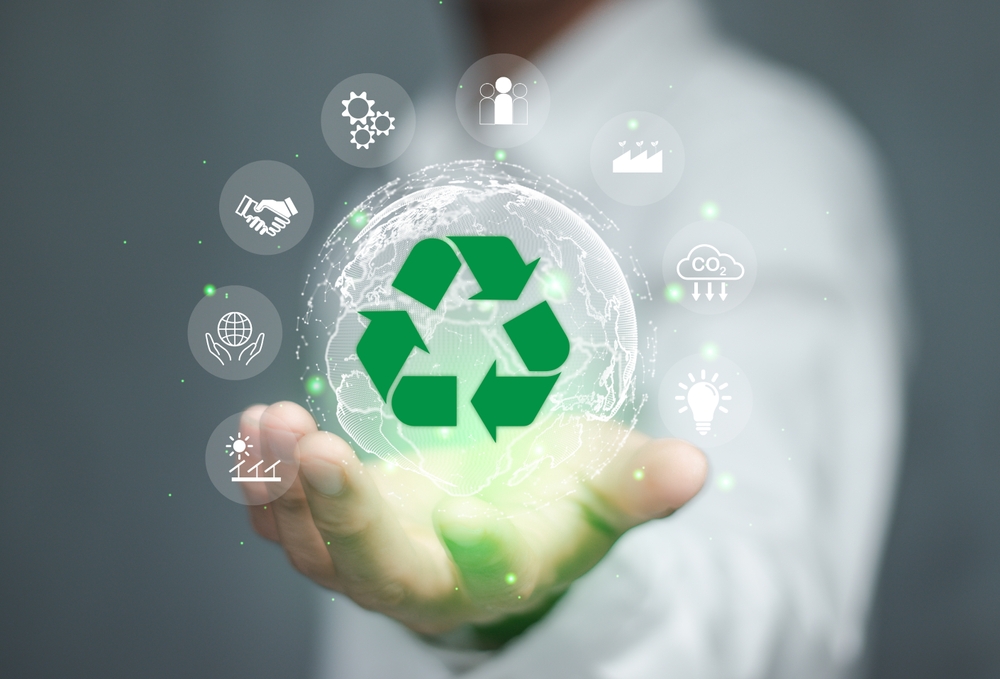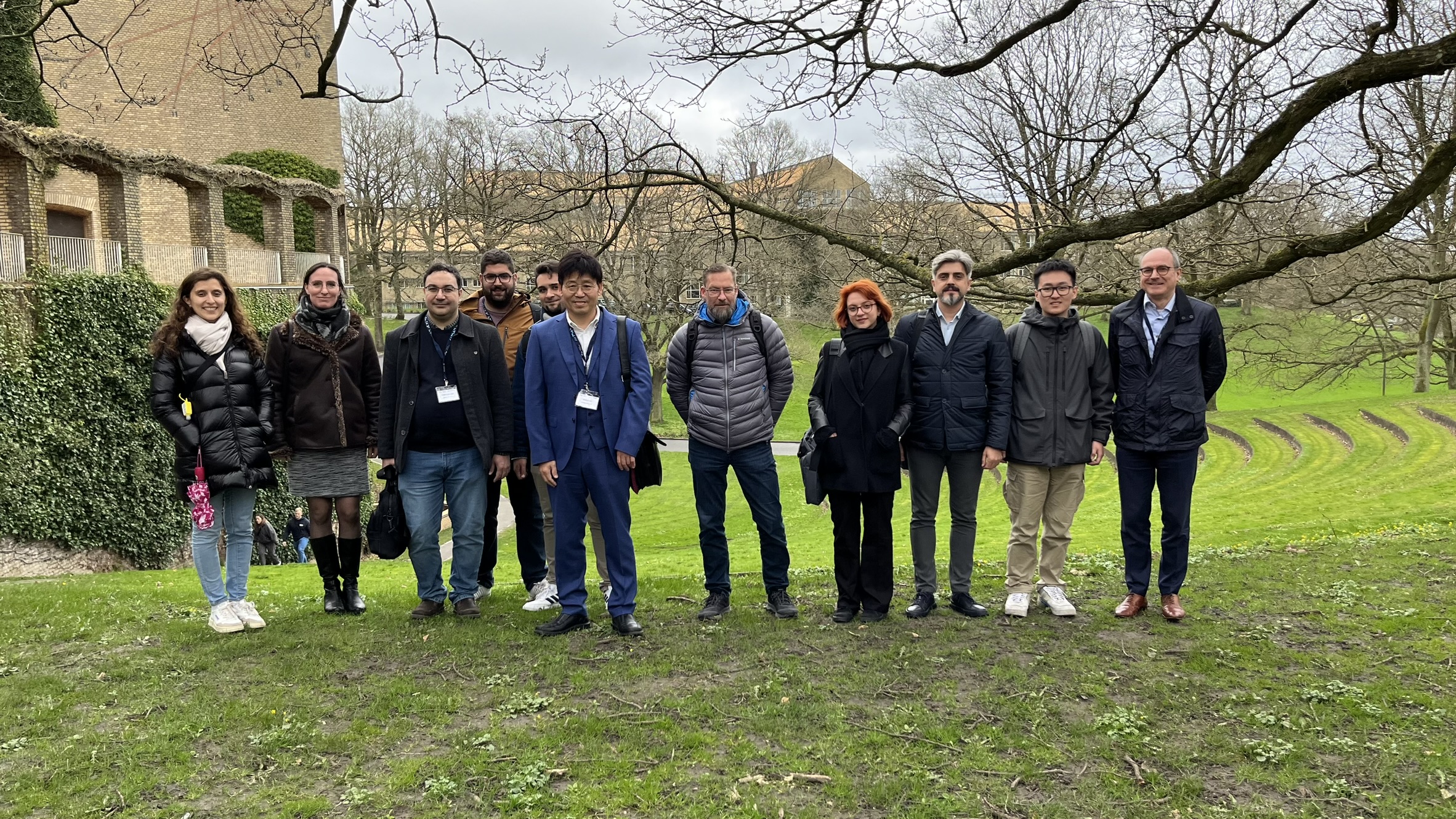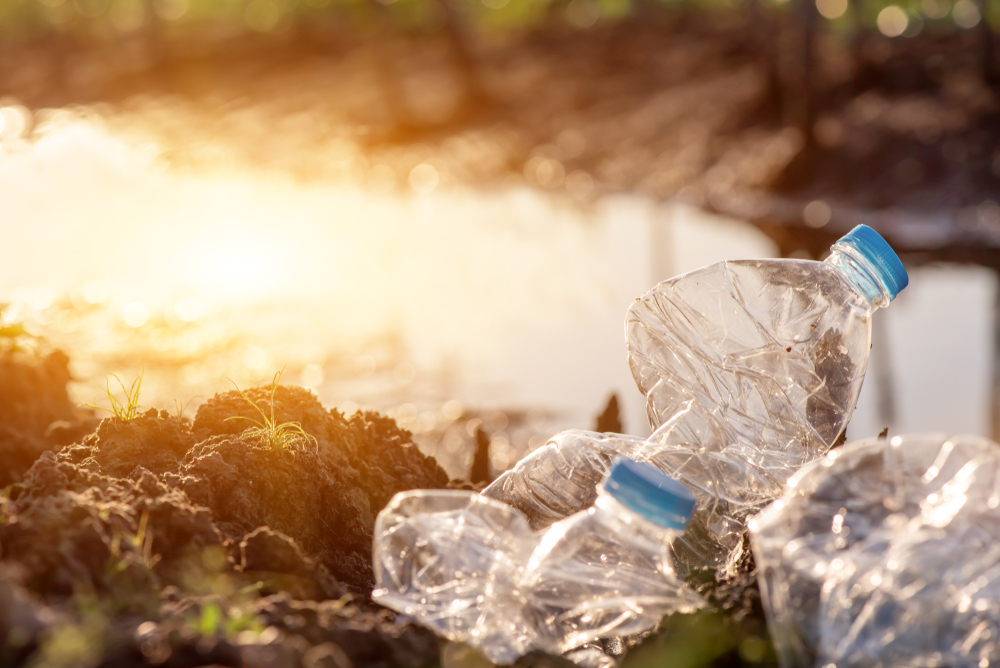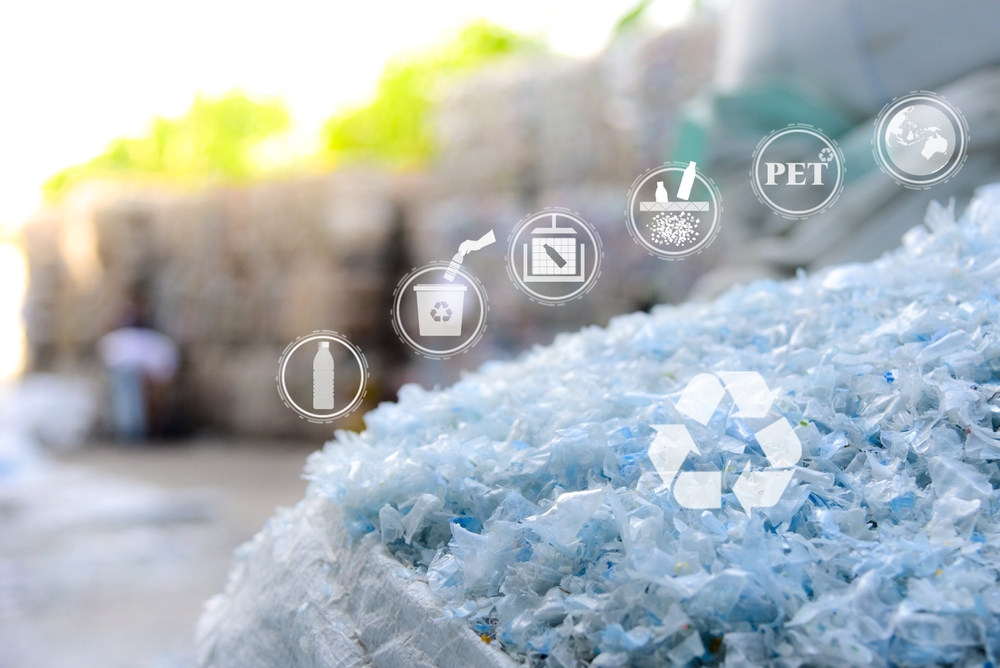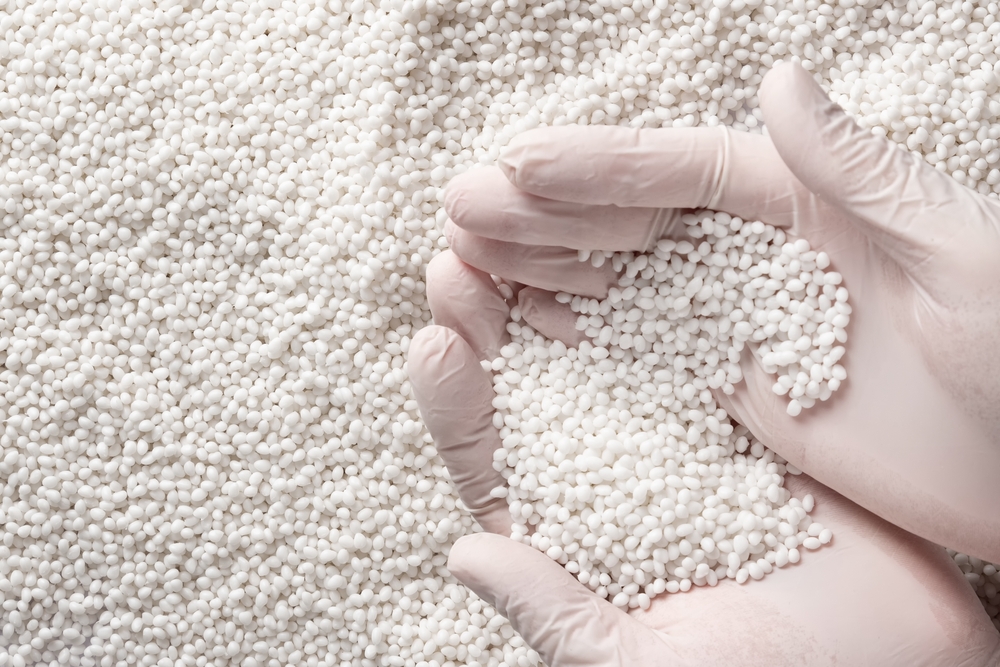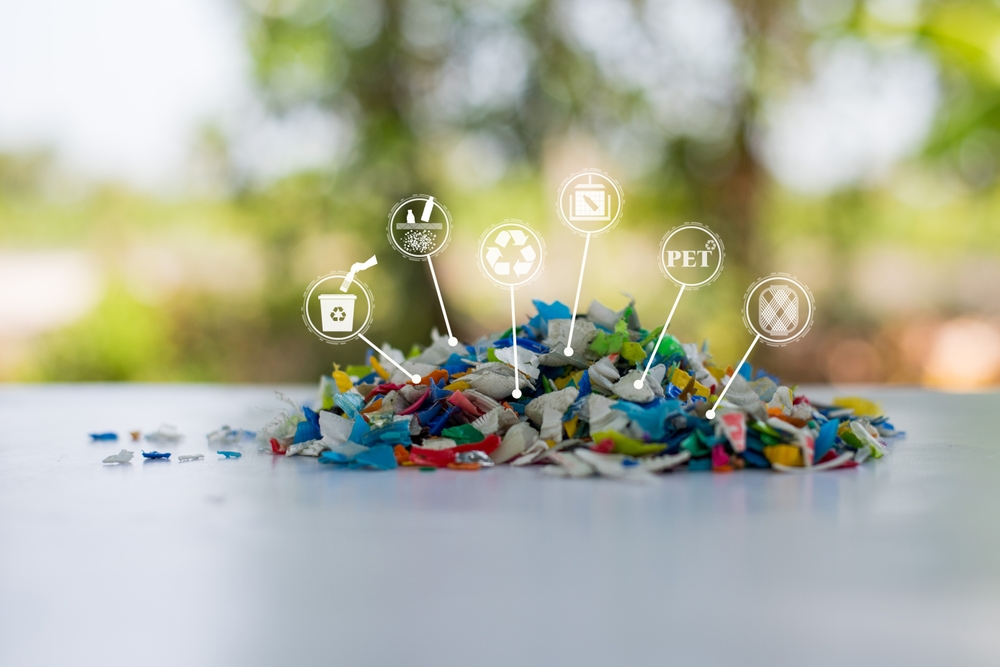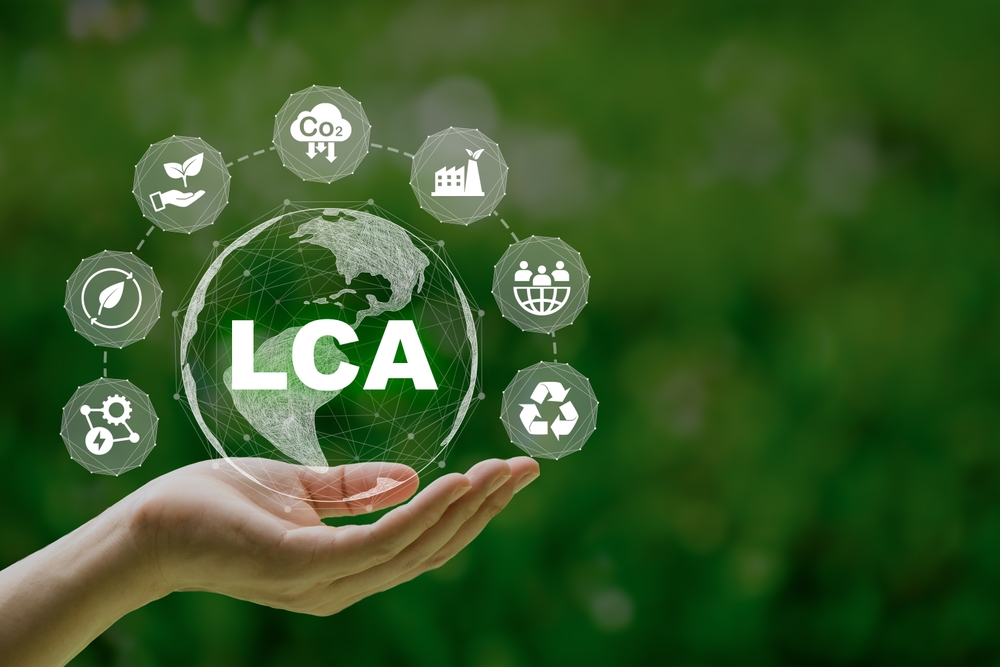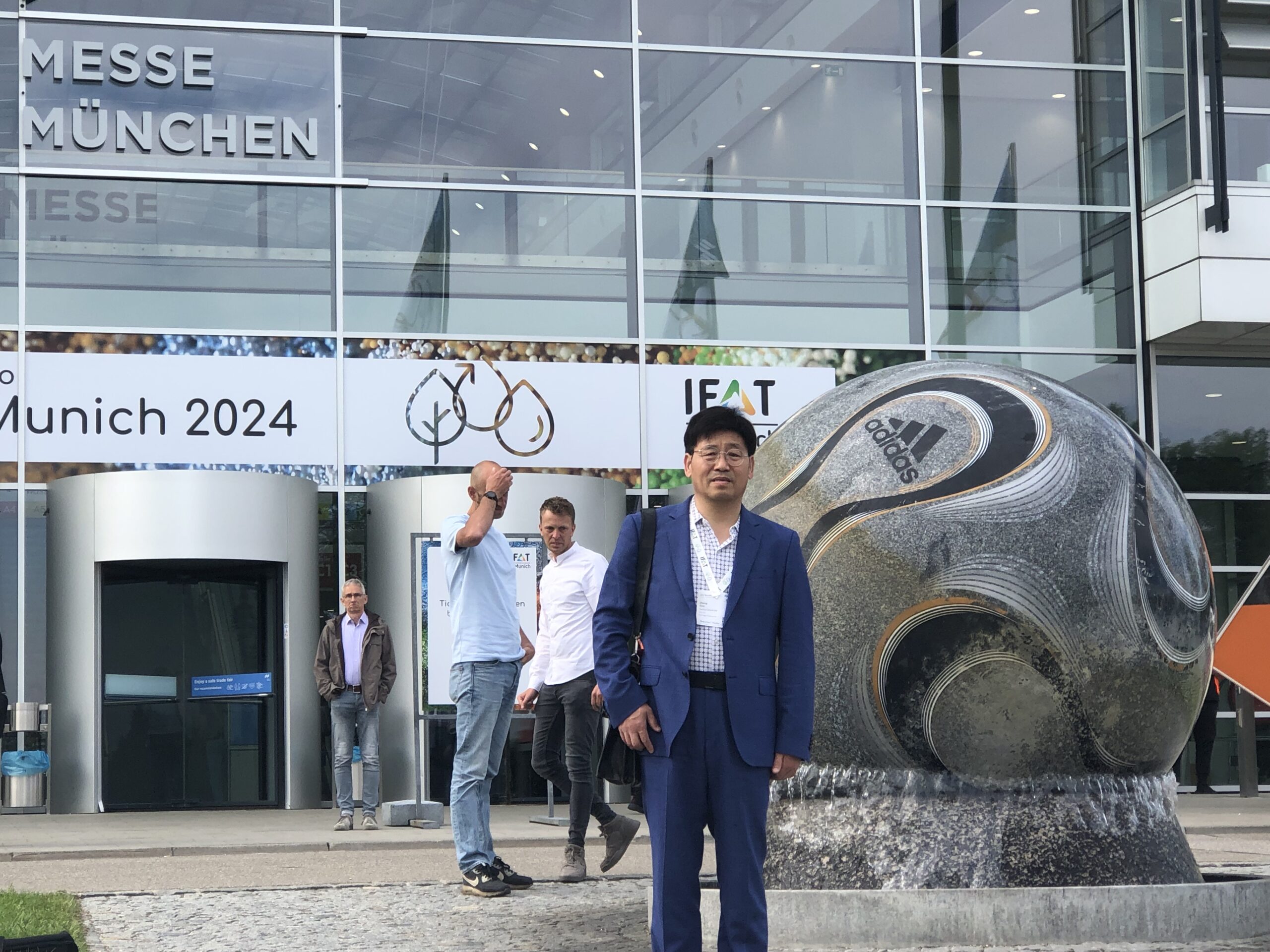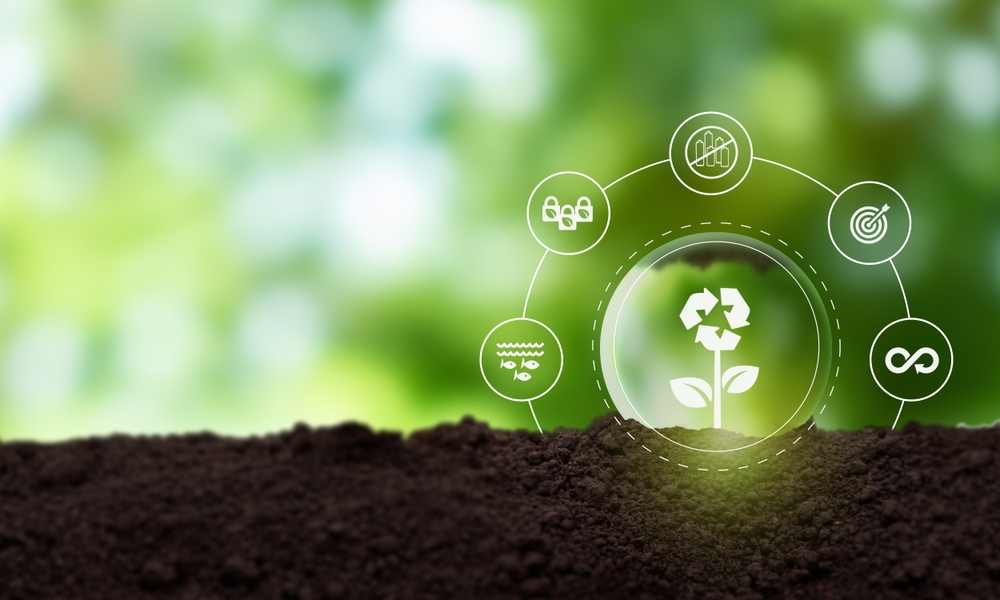A new chemical plastic recycling reactor reduces energy consumption by 50%.
The article describes a new technology for chemical plastic recycling developed in the doctoral thesis of Alberto Frisa Rubio at the Polytechnic University of Cartagena (UPCT). Thi
A retrospective of ACTPAC in 2024
By the end of 2024, the ACTPAC project will have successfully completed its first year since its launch on January 1, 2024. A total of seven Ph.D. students or postdoctoral research
ACTPAC In Sustainable Packaging Summit 2024, Amsterdam
At the recent Sustainable Packaging Summit 2024 in Amsterdam, Professor Zheng Guo, presented ACTPAC’s solutions to upcycle C-C backboned plastic wastes. Dive into this article to
Polyester biodegradability: importance and potential for optimisation
The existing polyolefin plastics are not adequately suited for closed-loop recycling; however, biodegradable plastics may prove an effective solution to the accumulation of plastic
Global Plastics Industry
The global plastics industry, based on economic indicators, has revealed a massive market size of 400 billion euros [1]. To create this great potential, tons of plastic raw materia
Catalytic hydrocracking and hydrogenolysis of PE into alkanes
Hydrogenolysis and hydrocracking [1] are attractive polymer upcycling methods to produce low molecular weight liquid hydrocarbons with narrow molecular weight distributions under r
Engineered yeast converts waste plastic pyrolysis oil into valuable α,ω-diacids with high efficiency
The accumulation of plastic waste is a significant environmental issue, with traditional disposal methods posing health and ecological risks. The study by Yeo et al., published in
Proving Sustainability: The Crucial Role of Life Cycle Assessment for our Upcycling Innovations
The ACTPAC project aims to convert polyethylene (PE) (fossil-based) into bio-based polyesters. Innovations on new biobased catalytic routes in ACTPAC will establish the most profit
ACTPAC at IFAT Munich 2024: From exploring the plastic recycling industry to unveiling the exploitation potential of ACTPAC results
IFAT Munich 2024, the world’s leading trade fair for water, sewage, waste, and raw materials management, concluded with remarkable achievements. Approximately 142,000 visitor
Novel biobased furanic-aliphatic polyesters that are biodegradable and have tunable properties
The negative consequences of fossil raw materials are becoming more visible today, with examples including extreme weather and plastic waste pollution in the environment. Commodity
